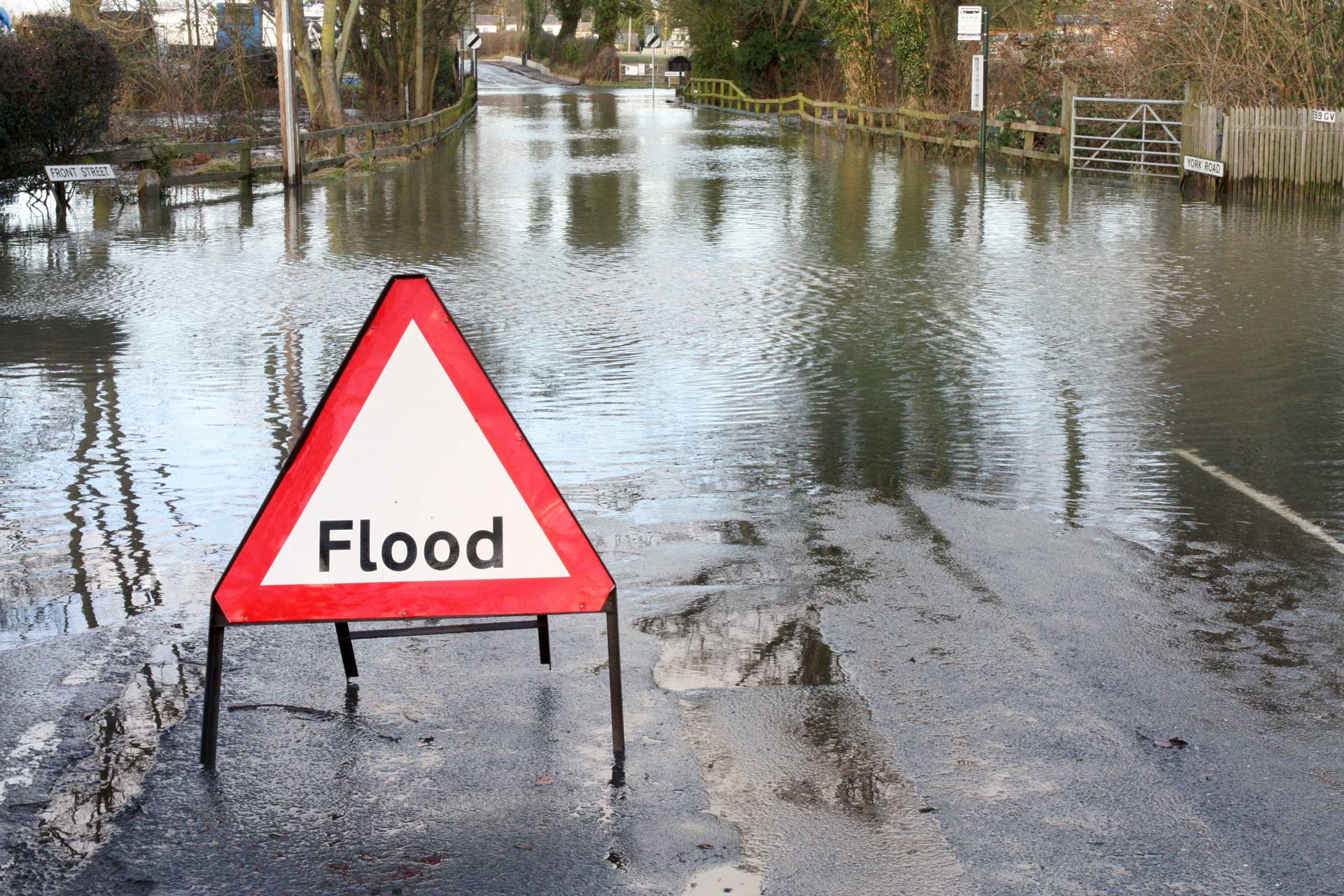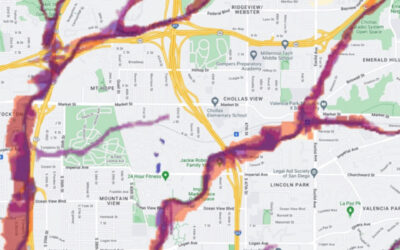If you have Homeowner’s Insurance or do not live near a river body, you might think you are protected from floods. However, according to the Federal Emergency Management Agency report, every home is at the risk of flooding. In fact, about 25 percent of flood damages occur in low to moderate risk zones. Floods have caused more than $24 billion in damages in the last 10 years. , If a flood actually strikes your home, and you do not have Flood Insurance, you as the homeowner are responsible for the flood damages. Standard Homeowner’s Insurance policies do not cover such damages.
Whether you live in a high, medium, or low risk zone, risk areas can change as new land develops. Even an increase in the amount of precipitation can increase the risk of a flood. Absence of a flood insurance coverage can prove to be costly if a flood occurs, and there are damages to life and property.
Consider the cost of replacing all your expensive electronic items and furniture damaged due to the flood. A Flood Insurance Policy offers protection for your most valuable assets.
Since flooding does not discriminate among different areas or homes, a sound Flood Insurance policy will prove valuable in the event of a flooding emergency. If you live in Special Flood Hazard Area and have a federally sponsored mortgage, Flood Insurance is mandatory. Not having Flood Insurance in such areas makes you vulnerable to costly repairs.
Advantage of Flood Insurance Protection
Even a few inches of flood water in a home is can cause extreme damage to furniture, electronics, carpets, water heaters, floors, furnaces, and walls. With Flood Insurance, you are covered against losses of up to $250,000 to the building and worth $100,000 to your personal belongings. Flood Insurance will pay even if the disaster is not declared.
Flood Insurance typically costs a few hundred dollars annually, depending on your home, risk zone, and location. On the other hand, if you take a federal assistance loan following a natural disaster, it can cost you thousands of dollars, which can take you years to pay off. Thus, it is more economical to have the right Flood Insurance policy in hand against potential losses.
Having a Flood Insurance policy as a safeguard against incessant rain and flood, which are capable of causing structural damage, is the best way to protect your home and belongings in the event of flooding damage. In the absence of such a policy, the damage can take a toll on your financial future. Thus, it is necessary for you to take concrete steps to protect yourself from such situations. If you decide to get a Flood Insurance policy, purchase it before the rainy or hurricane season begins in your area, since it takes at least 30 days for the policy to take effect after purchase. Buy insurance before the floodwaters begin rising. You can buy Flood Insurance if your community participates in the NFIP.




